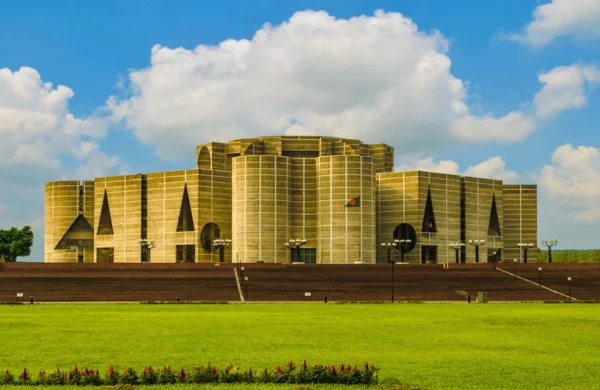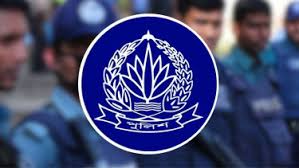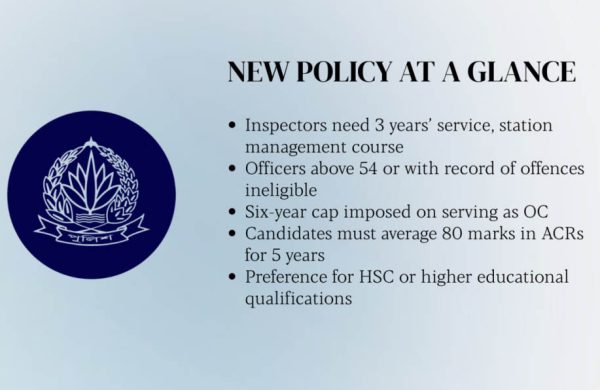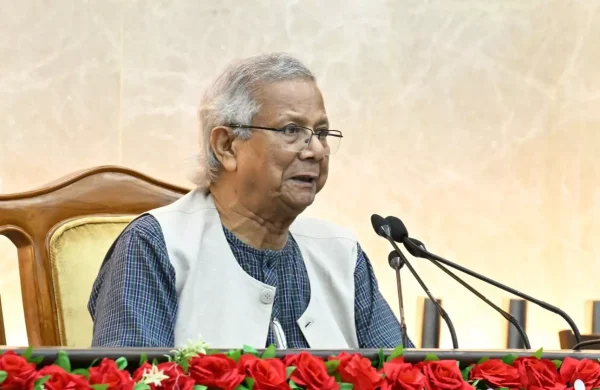‘Corruption getting institutionalized in absence of exemplary action’
- Update Time : Thursday, June 27, 2024

TDS Desk:
Members of both the ruling and opposition parties in the National Parliament have expressed their frustration over corruption among government officials. During a discussion on the proposed budget for the fiscal year 2024-25 on Wednesday, opposition leader Anisul Islam Mahmud and ruling party member B.M. Kabirul Haque highlighted the pervasive nature of corruption and called for urgent reforms.
STRONG CRITICISM REGARDING RECENT CORRUPTION SCANDALS
During the discussion, opposition party lawmaker Anisul Islam Mahmud voiced strong criticism regarding recent corruption scandals involving high-profile individuals and institutions, with allegations involving billions of takas.
He emphasised the need for immediate action and a comprehensive review of the existing system to address and curb corruption.
Mahmud also suggested implementing a mandatory declaration of assets for government employees at the beginning of their service, similar to the asset declarations required from election candidates.
He also opposed the provision allowing the legalisation of black money by paying a 15% tax, questioning its fairness and ethical implications.
Anisul Islam Mahmud said, “This opportunity is unethical. If illegal income can be legalised with 15 percent tax, why should others pay tax?”
CORRUPTION HAS BECOME INSTITUTIONALISED
Relating to Anisul Islam Mahmud’s criticism Ruling party lawmaker Kabirul Haque acknowledged that corruption has become institutionalised in Bangladesh.
He claimed that elected representatives often get blamed for corruption, despite having limited opportunities to engage in it.
Kabirul Haque said, “There are three and a half hundred MPs in the Parliament, where is their opportunity to do corruption? I have no power to give jobs to others. The government does not conduct purchase procedures by consulting lawmakers. Then how lawmakers can be corrupt? Those who are involved in government procurement are involved in corruption for sure.”
Kabirul Haque pointed out that those involved in government procurement and project management are the ones often entangled in corruption.
He highlighted the immense wealth accumulated by some project directors and suggested they require psychological treatment for their obsession with money.


















